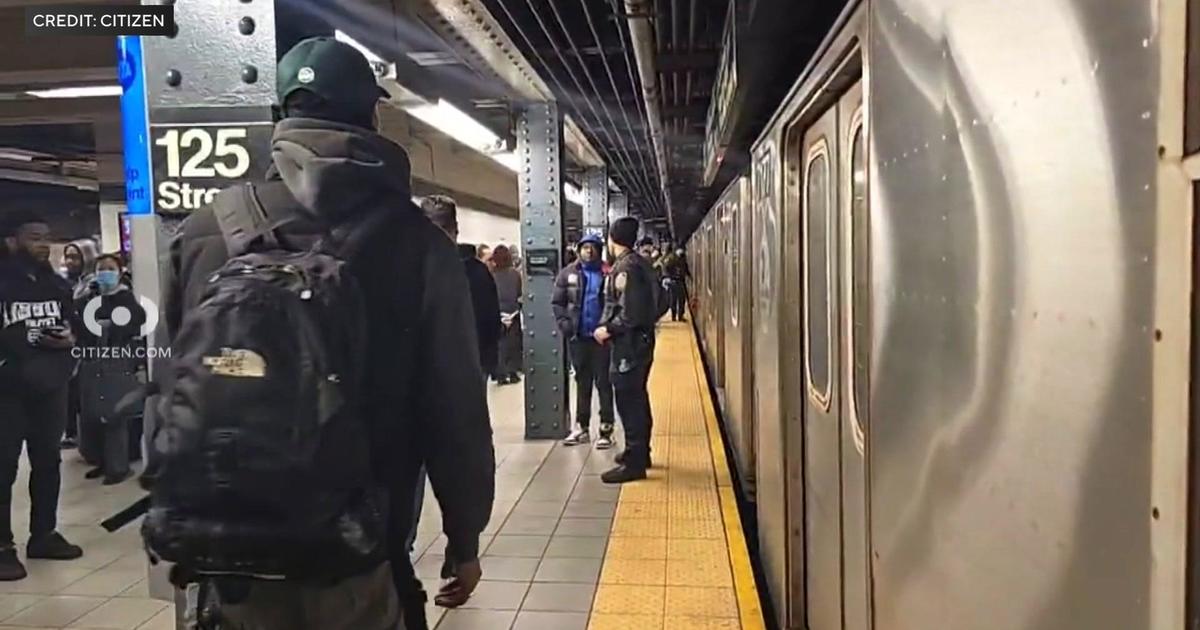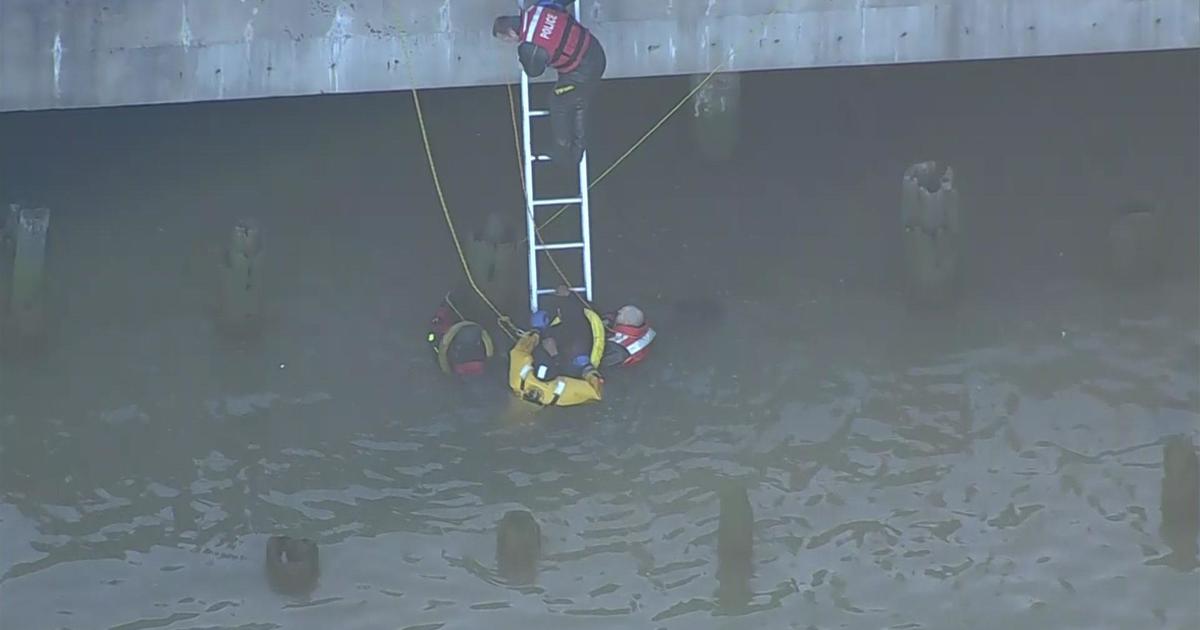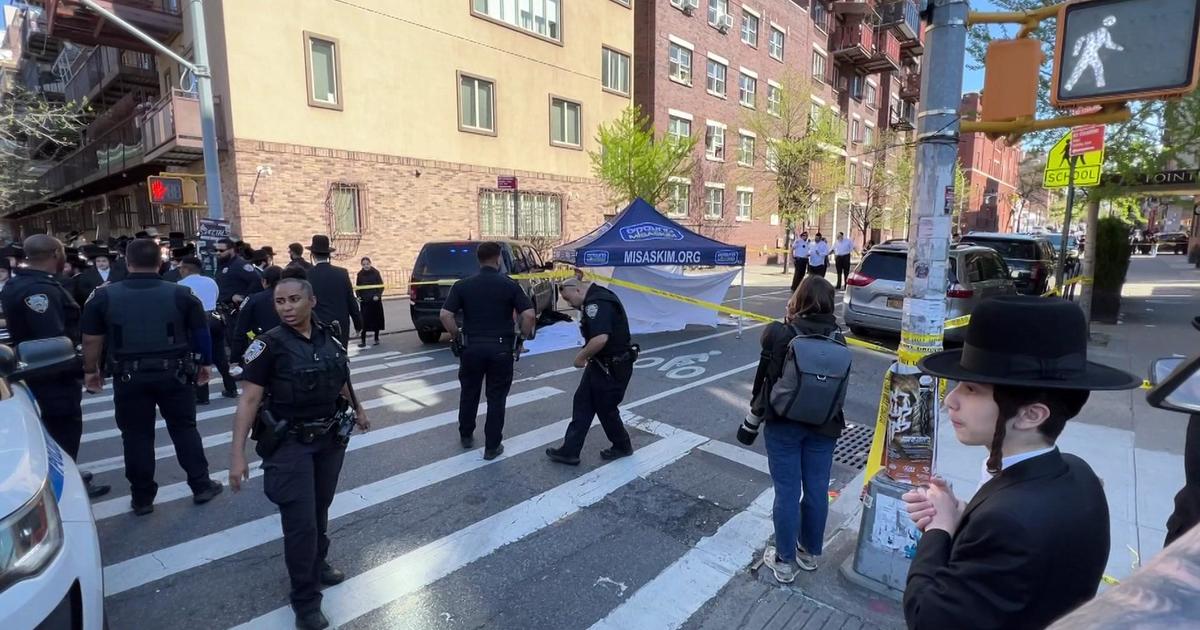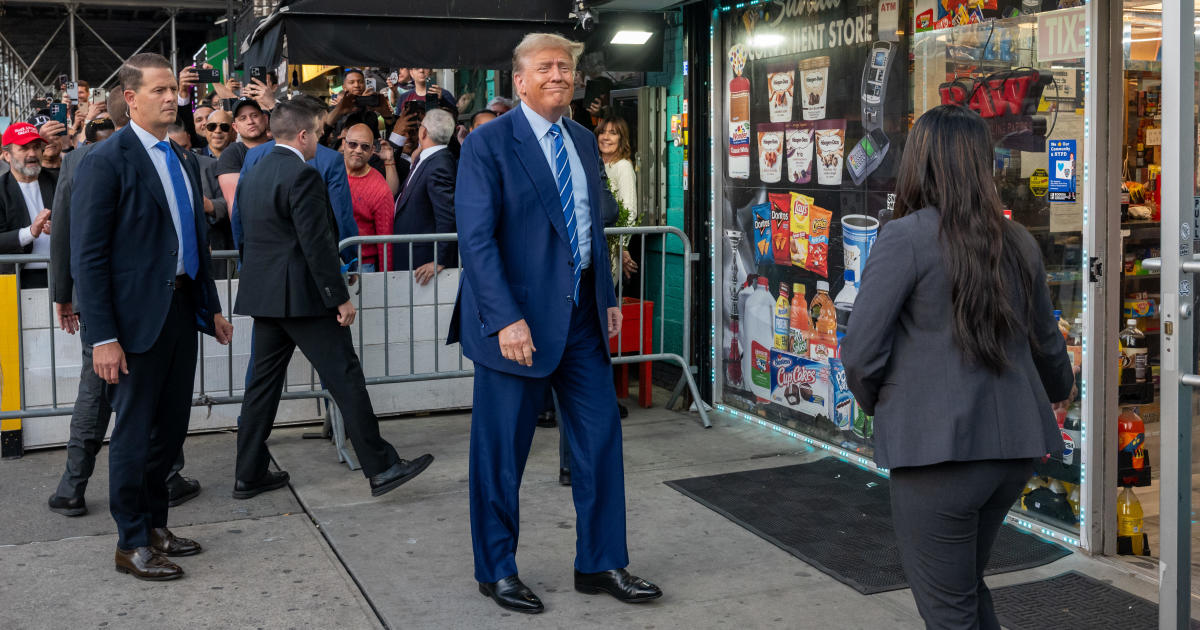Solar Eclipse: Protecting Your Eyes & Camera Equipment
Updated: 8/21/2017 at 9 a.m.
NEW YORK (CBSNewYork) – The historic total solar eclipse to cross the U.S. is the first of its kind since 1979. Back in the day, it was the lead story on the CBS Evening News with Walter Cronkite.
"For parts of North America, the sun went out today. For a little under three minutes, the forces of darkness ruled in daylight with a great swath of shadow up to 190 miles wide cut across the continent from the coast of Oregon to Greenland. It was the last total eclipse of the sun for North America until the year 2017," Cronkite reported at the time.
Web Extra: Eclipse Viewing Parties | Download Pinhole Projector
As CBS2's Steve Overmyer reports, this is going to be the most photographed eclipse in history. It's almost like preparing for the big game. You not only want to protect your eyesight, you also want to protect your gear.
What's the big thing you have to worry about when prepping for the solar eclipse?
"The first thing is eye safety. You want to make sure you don't damage your vision," Todd Vorenkamp, B&H Photo Sr. Writer for Explora, says. "And the way to do that is don't look directly at the sun. And if you do look at the sun, make sure you have proper solar viewing glasses."
In the Tri-State Area, the moon will block out about 71 percent of the sun's brilliance. Still, you don't want to get into a staring contest with our closest star.
The most popular item will block out 99.999 percent of the sun.
"The second thing is if you're photographing it, you want to protect your gear. And the way to do that is with a certified solar filter for your camera," Vorenkamp says.
You can go many different directions – from solar binoculars to a solar lens cap for high-priced cameras. Or believe it or not, you can just put your solar viewing glasses over your cellphone camera.
"Instead of worrying about getting the best photo of the eclipse, actually look at the eclipse with your own protected eyes, enjoy the show," Vorenkamp says.
The eclipse only lasts a couple of minutes. The last thing you want to do is be struggling with your phone.
If you miss the solar eclipse, you will have another chance to view a partial one in North America in 2024.



